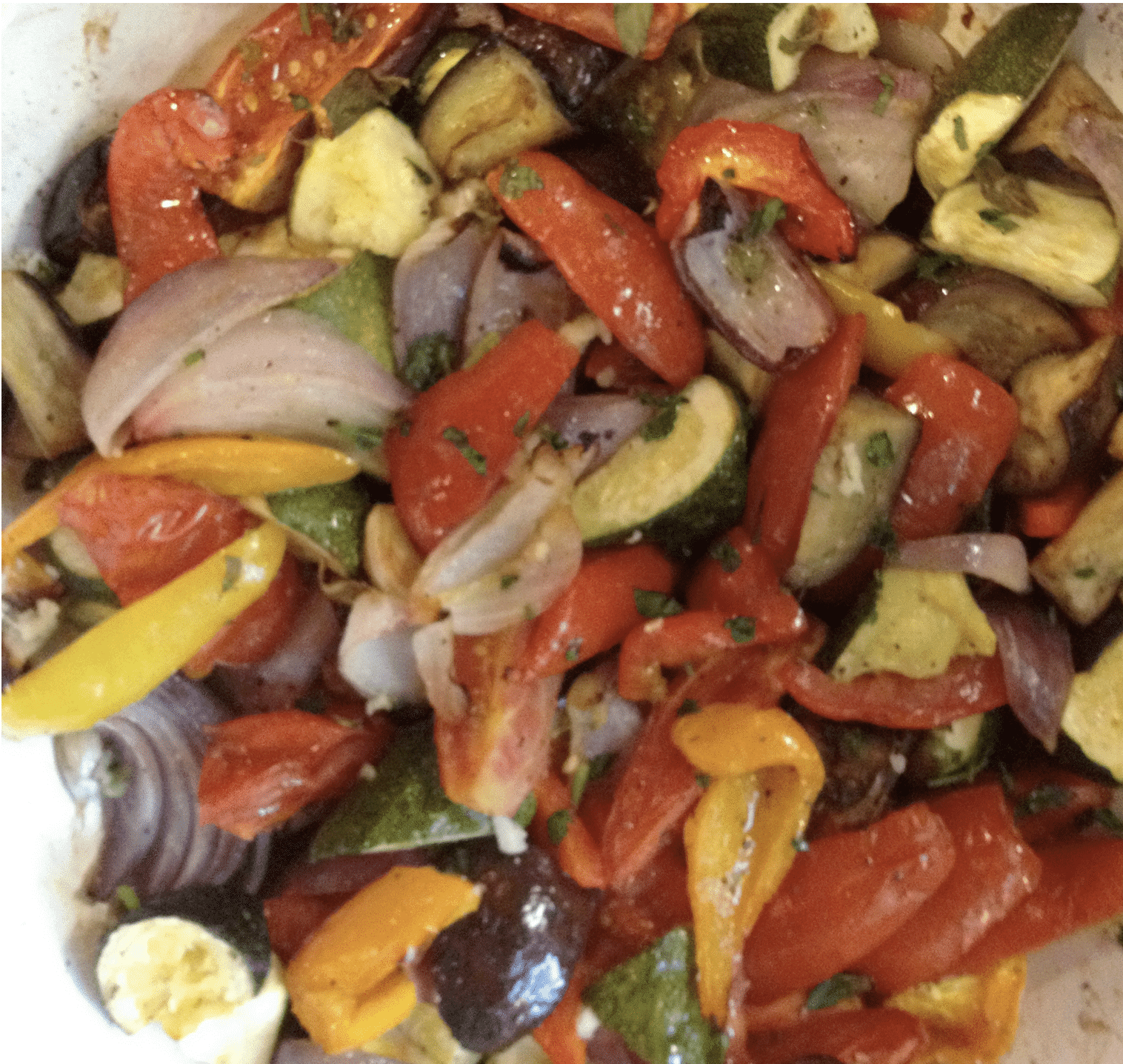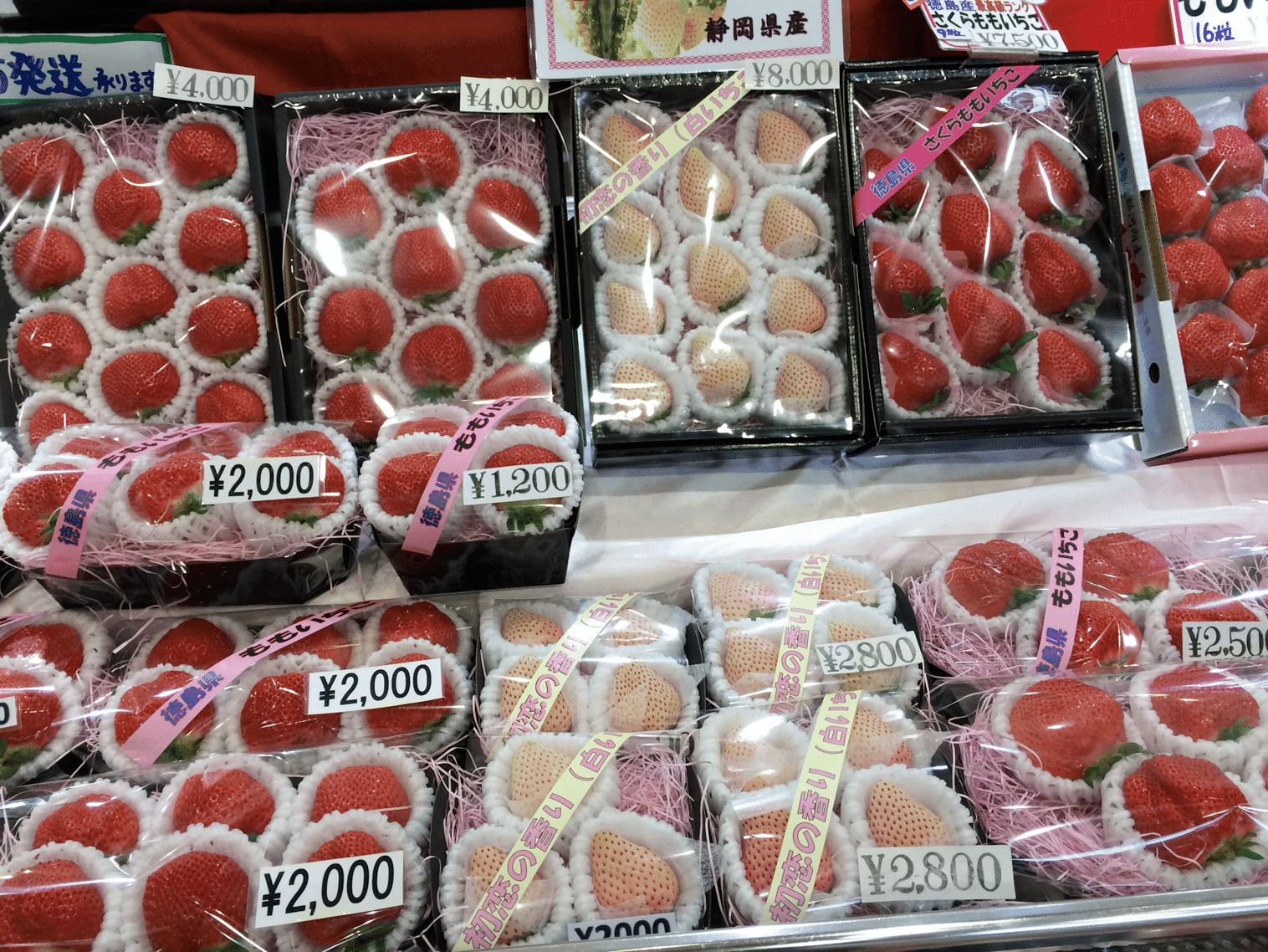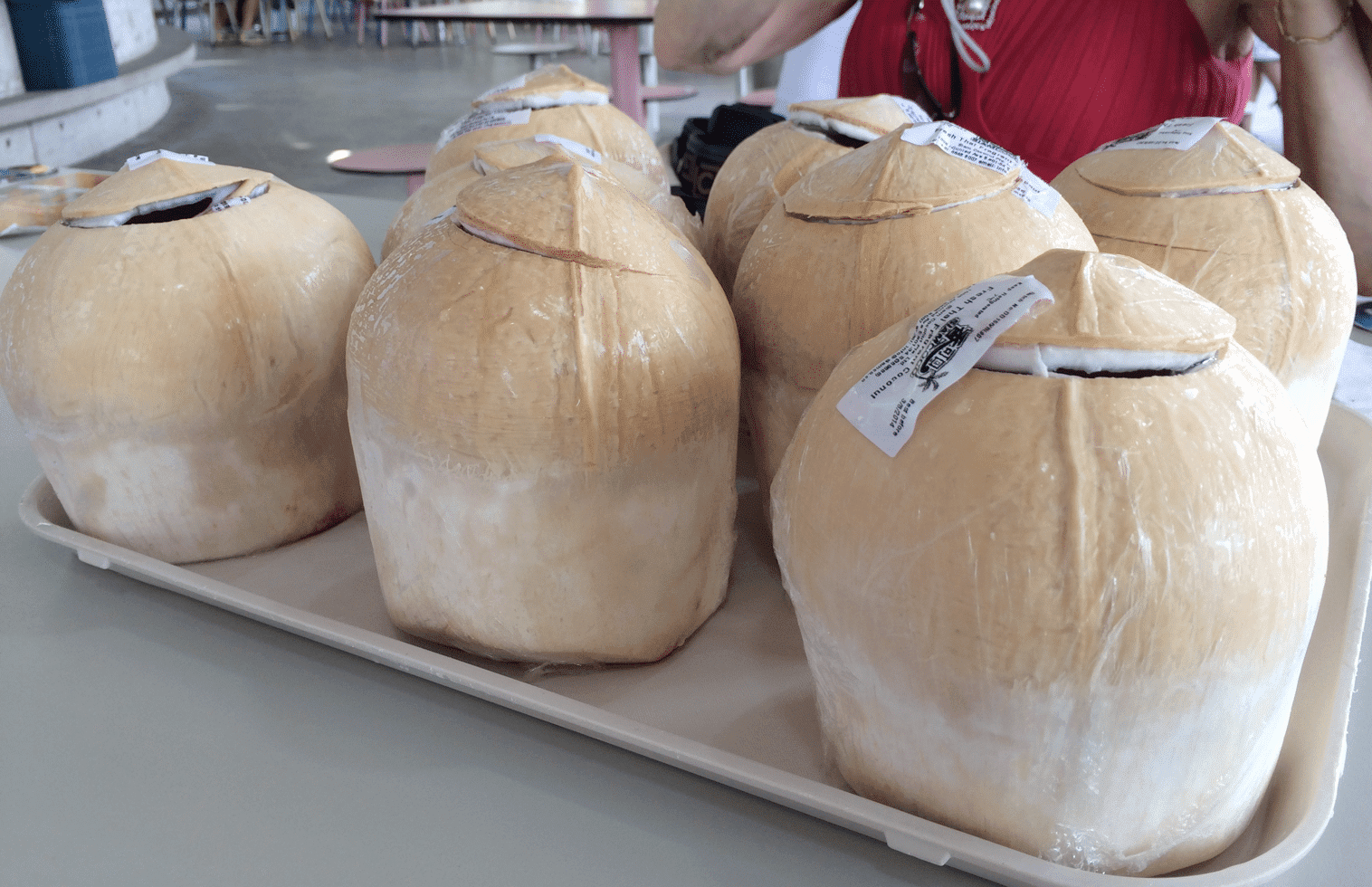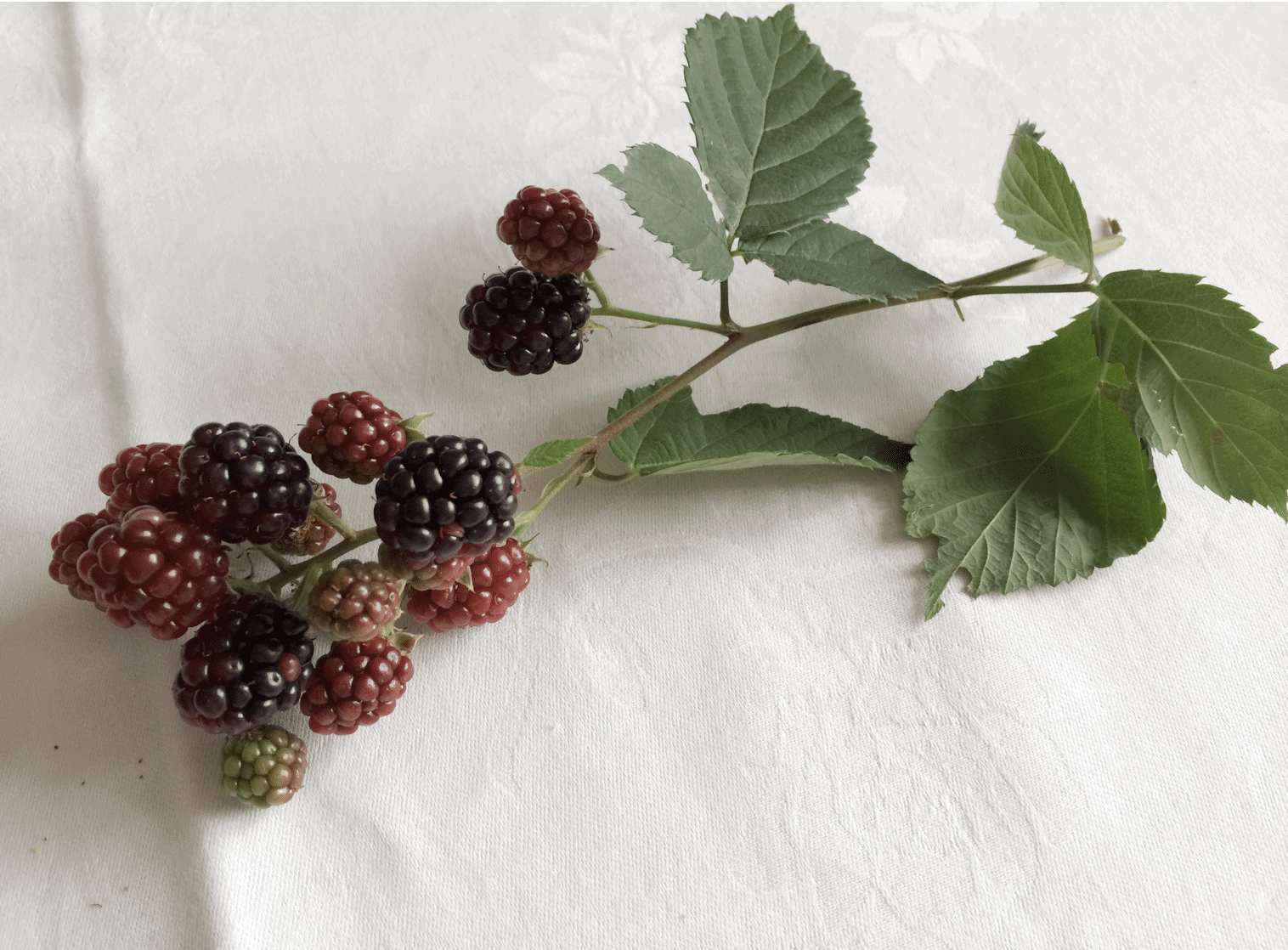Thought for Food
There are few things in life dearer to us than the food we eat. Few, if any of us have ever experienced starvation or been forced to live for long periods with little or no food. Instead we have been born into a world where food is plentiful.

Vegetables are easy to prepare and very nutritious
Our supermarkets provide a variety of food that is simply astonishing to those who come from countries where there are no such markets. I was reminded of this once when I was talking to one of our mothers from Poland. When we began to talk about fresh vegetables, mother’s face grew long. When I asked what was available at that time in Poland, she said there were only two fresh vegetables that they could get regularly: carrots and onions. There was no hope of any green leafy vegetables. There were no frozen vegetables, which left only canned produce. I asked her whether she had visited a supermarket during her stay in Philadelphia, and she began to tell me about a recent trip she and her family had made to one. It was rather like hearing someone describe Disney World. The image of pounds and pounds of fresh strawberries still haunted her.

The King of all Fruit: strawberries in Japan are delicious but expensive.
We Americans must surely be the luckiest people on earth when it comes to food. The United States can grow just about anything and deliver it just about anywhere.
We should be the healthiest people in the world.
The sad fact is we are not.
We are not only the fattest nation on earth, but we are arguably the least healthy nation in the industrialized world.
One of our problems is that we have long since discarded the notion of food as fuel. Instead we think of food as a form of entertainment. We often use food to celebrate a special event or as a reward when we have done something particularly well. We use food to comfort ourselves when something goes wrong.

The ultimate reward for all things – ice cream – delicious but not nutritious.
We seldom, if ever, think of the food we eat as fuel for the body. But that is, in fact, what food is. We never think of food as a healing force for the body. We are surprised when we learn that there are many cultures where the medicinal use of common foodstuffs is so well developed that health is maintained without the use of drugs.
We commonly dump junk food into our stomachs and then cure the resulting bellyache with antacids! It’s a double insult to our bodies—they do not get their much-needed high-quality fuel, and then we use a drug that neutralizes the digestive juices so that they cannot function properly to break down the food.
The last fifteen years have seen an explosion in interest and attention on the subject of nutrition. Now everyone knows that nutrition is important. Now everyone suspects that much of the chronic degenerative disease seen in the civilized world results from the consumption of too much sugar, meat, and dairy products, and of denatured, refined foods.

One of the most nutritious drinks: Fresh coconut water
We have all been subjected to hundreds of different diets, each claiming to be the ultimate one. The new diet this week tells us we must eat peanuts by the bushel basket or we will never be healthy. Then next week’s new diet will tell us we must never, ever, under any circumstances eat a peanut or we will die the death of a rag doll. This has been a very frustrating and annoying period for all of us. It has been enough to put one off food all together.
However, the noise in the marketplace is beginning to die down. The truth about what is really good fuel for the body turns out to be simple, easy, and cheap, rather than complex, difficult, and expensive.
We need to eat those things that the human body has been designed to eat, and we need to stop eating things that the body is not designed to eat. Our bodies can easily digest fresh fruits and vegetables. These foods are the richest source of vitamins and minerals known to man. Grains and legumes are a better and more digestible source of protein than meat or dairy food, and they provide much needed fiber. These simple truths are now, at long last, acknowledged to be the basis for a healthy diet.

Perhaps the most nutritious food of all: simple, fresh, home-grown fruit.
Instead of going blind trying to read the labels on all those boxes in the supermarket to find products that do not have harmful additives, I simply avoid anything that comes in a box. I go into the supermarket and fill my shopping cart with fresh vegetables and fresh fruit. I buy almost nothing that is in a box or a package.
When I go to the checkout, the woman ahead of me has a cart with two hundred pounds of boxes, packages, and bottles. Often there is not a single piece of fresh fruit or a single vegetable. She pays $250 for what are primarily synthetic substances. The gallon bottles of soda she is hauling away make me wonder whether her family bathes in this stuff or washes the car in it. I hope it’s one or the other, because the thought that her little children are going to wash their food down with quarts of soda really makes me wonder. The woman in front of me looks suspiciously at my cart full of fruits and vegetables and asks, “Are you on a special diet?”
I have to suppress my natural reaction, which would be “Yes, I am on a food diet!”
The woman behind me has a cart with similar if not identical items to the woman in front. She is visibly shaken when my cartful costs about $80. I can see her wondering how I got so much for so little. She is still scratching her head when I stow my bags and head home.
Once home, food preparation commences. The fruit is washed and eaten. Preparation time: five seconds. The vegetables are washed and steamed—this takes a bit longer,about twenty minutes in all. The legumes or grains can be cooked in a slow cooker while I work, so they are ready whenever I want them.

 Donate
Donate








